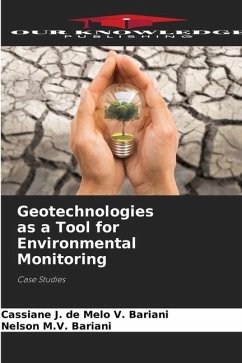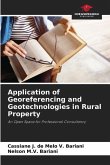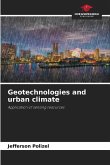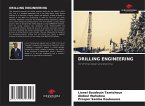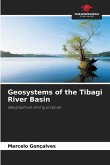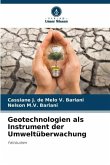The management of physical space, in all its forms, can benefit from the inclusion of techniques and procedures based on new information technologies. The aim of this book is to investigate the possibilities of applying geographic information systems (GIS) in order to contribute to some aspects of the management of urban and agricultural activities. Although this is not a new technology, because its principles have been used for a long time, remote sensing and GIS are tools that are currently widely available on the internet, even with free software options and free information. This work integrates field research, through limnological analyses, with the processing of satellite images and the use of the Georeferenced Information Processing System (SPRING). In addition to the fact that these tools have proved effective in visualising potentially polluting points, it is believed that this management model of information from the urban and rural areas of the municipality of Itaqui, in the state of Rio Grande do Sul, Brazil, could lead to new ideas and applications to help decision-makers.
Bitte wählen Sie Ihr Anliegen aus.
Rechnungen
Retourenschein anfordern
Bestellstatus
Storno

